Walking the Line: Ethics of Open and Closed Practices in Witchcraft
Witchcraft has always been a dance between tradition and transformation, roots and wings. As modern witches, we’re blessed with access to a vast web of magical teachings, yet this abundance also brings responsibility. Not every practice is ours to claim. Some doors are open and welcoming, others are closed for a reason. Understanding this balance is essential if we want our craft to flourish with respect, integrity, and power.
Closed Practices: Honouring Boundaries
Closed practices are traditions held by specific cultures, lineages, or initiated groups. They are living, breathing pathways that belong to the communities who created and sustained them, often through great struggle. From Aboriginal Australian ceremonies to African Traditional Religions such as Vodou and Lukumi, these practices are not simply tools for anyone to pick up. They are ancestral inheritances, and stepping into them without invitation is a breach of consent.
Respect here means pausing before lighting white sage, before calling on deities from living cultures that are not ours, before claiming titles we have not earned. Closed practices remind us that not all knowledge is ours to hold, and that is not a loss, it is an invitation to deepen what is truly ours. By honouring boundaries, we weave stronger threads of trust and allyship with living cultures.
Open Practices: A Shared Cauldron
On the other hand, open practices are gifts to the wider magical community. Wicca in its public forms, eclectic witchcraft, and seasonal sabbat rituals are all examples of traditions shared with the intent that they be adapted, experimented with, and woven into personal practice. Here, we are encouraged to be creative and authentic, but with a reminder to remain respectful.
If you draw from open sources, credit your teachers, name your inspirations, and acknowledge your adaptations. This transparency strengthens the web of knowledge rather than fraying it. Even in open practices, ethics matter. Plagiarism, misrepresentation, or commodification without recognition are all ways of stripping power from the work.
Why Ethics Matter in Witchcraft
The heart of witchcraft is relationship, relationship with the land, with the spirits, with our ancestors, and with each other. To practise ethically is to choose relationship over extraction, reverence over entitlement. When we respect closed practices, we uphold cultural sovereignty and protect wisdom that has survived oppression. When we engage open practices with honesty, we nurture a living tradition that can grow and thrive.
Ethical witchcraft is not about gatekeeping, it is about listening. It is about asking, “Is this mine to use?” and being brave enough to hear the answer. It is about honouring what we cannot touch, while celebrating what we can, with creativity, humility, and integrity.
A Call to Practise with Integrity
As you stir your cauldron, cast your circle, or write your spells, ask yourself, am I walking this path with respect? Am I honouring the voices and communities from which this magic flows?
Your craft has the power to heal, transform, and inspire. When rooted in ethics, it becomes not only a personal practice but a contribution to the greater web of witchcraft, one woven with respect, justice, and love.







